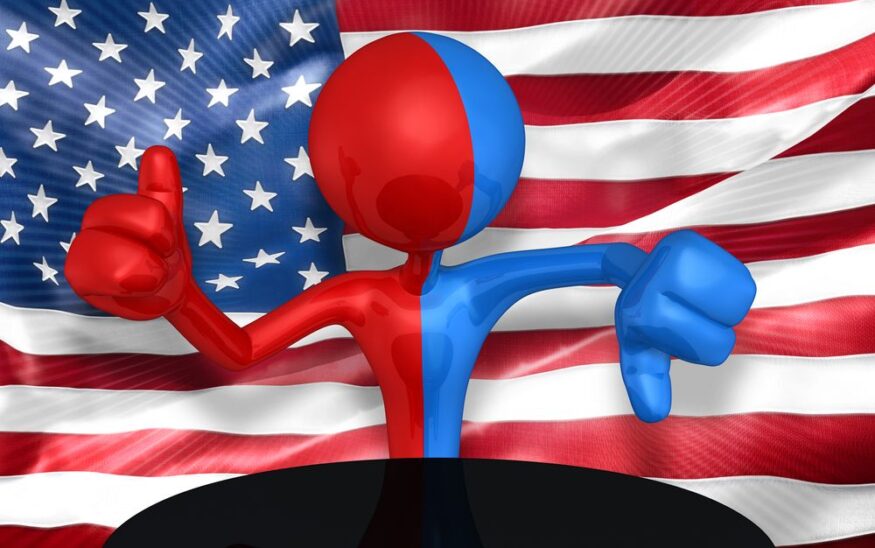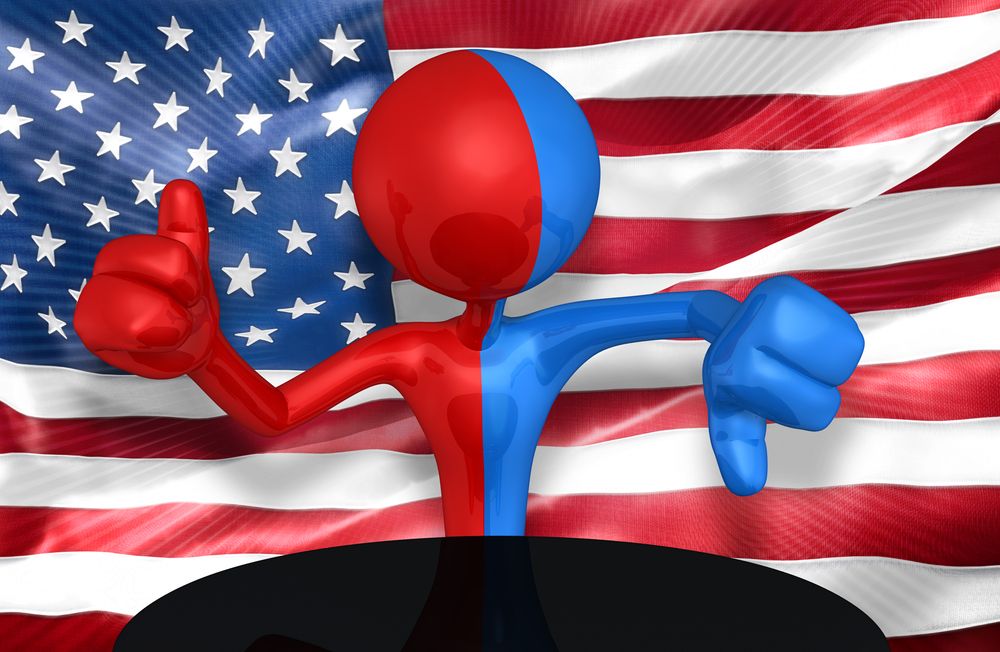Political economics are worth watching under Trump
In retrospect, the election of a businessman shouldn't be a surprise
Tom Binnings //January 20, 2017//


Political economics are worth watching under Trump
In retrospect, the election of a businessman shouldn't be a surprise
Tom Binnings //January 20, 2017//

My best guess is 40 percent of my family and friends are fearful and depressed over the election. Another 40 percent are happy about the new “Republican” control but are concerned. And the remaining 20 percent are elated, but know better than to share their enthusiasm for the 45th president with me. I guess that puts me squarely in the middle.
From an economic perspective, we got what I’ve been hoping for – a businessman, a largely self-funded and low-dollar campaign and a non-lawyer/politician. America appears to have elected a person suitable to Machiavelli’s revolution against the status quo since, as Machiavelli said, “There is nothing more difficult to take in hand, more perilous to conduct, or more uncertain in its success, than to take the lead in the introduction of a new order of things.” Donald Trump is absolutely proposing a new order relative to the last half-century in this country.
Everyone advocates for change, but this election cycle the need was especially acute, as our government has been stuck in a legislative versus executive branch quagmire during the most dramatic national socio-economic shifts in modern times. Between our aging population, stagnant middle class incomes, the coloring of America, health-care costs spiraling out of control and economic globalization and automation (to name a few line items), it’s no surprise that emotions are peaking as stressors mount.
In retrospect, Trump’s election should not be a surprise. It’s just that “the other side” has gained power after eight years of an equally remarkable American feat – the election of our first African American president whose power base was also grassroots in nature.
In trying to gain economic perspective during the coming administration, I think some lesser known, but rapidly emerging specialties in economics will gain greater popularity. First is game theory. President-elect Trump has dominant strategies and uses them extensively. For instance, he exercises the power of the law – not for justice, but to gain advantage. Most business professionals learn early not to let our principles get in the way when it comes to legal battles. In other words, don’t engage legally just because you’re right.
Trump is the opposite. He uses his money to impose pain on any who challenge him – even if he is wrong. My greatest fear is whether such a dominant strategy will shift to U.S. military might. He also uses unpredictability (which should become more predictable over time) and is a classic case of what Dixit and Nalebuff call “Here I Stand” in their book Thinking Strategically. Trump can be collaborative and clearly convinced voters from the right and center to vote for him even if they disliked his personality. But will he remain loyal?
The other economic concept to watch under Trump’s presidency is the evolution from the long-standing premise in macroeconomics of “rational expectations” to behavioral economics’ “predictable irrationality,” which incorporates neuroscience and psychology. As economists watch the political drama of the next four years, we must acknowledge our concerns over the populist demonizing of freer markets from both the right and left.
Before it was about the “1 percent” and now it’s about reverting to “economic nationalism” after decades of globalism using the American economy to solidify the U.S position as the global hegemon. How popular psychology and “Trump Tweets” matches up with what many policymakers and economists consider rational, will be worth watching.
Some days I think there are only marginal differences between a one-party system and a two-party system. Both protect the status quo to maintain power and largely eliminate other parties from the political conversation. Under one party, the bitter battles take place behind closed doors with little transparency and the public typically sees clear direction and action, albeit not necessarily in their interest.
With two parties, which is the natural long run equilibrium under our Democratic Republic, we get nasty public divisiveness. Even though intense acrimony is clear throughout American history, I am left wondering if it will really serve our nation into the future or whether our two-party system becomes a de facto one-party system through congressional gerrymandering and demagoguery. Let’s remember, demagogues often become dictators and truly benevolent dictators are rare indeed.


























